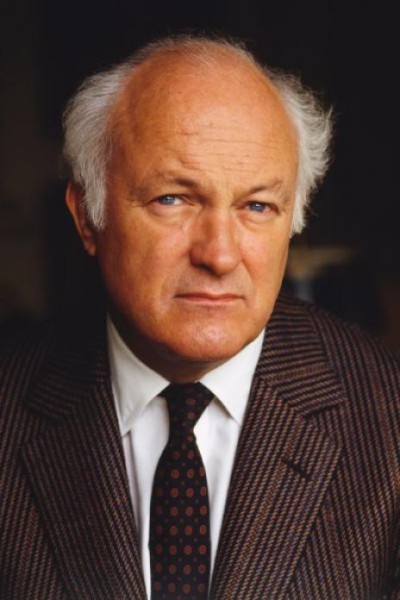Peter Yates (Peter James Yates)

The son of an army officer, Peter Yates attended Charterhouse School as a boy, graduated from the Royal Academy of Dramatic Art and worked for some years as an actor, director and stage manager. In the 1950s he started in the film industry as a dubbing assistant and later an assistant director for Tony Richardson and J. Lee Thompson (his 1961 The Guns of Navarone). Summer Holiday (1963), his first film as director, was a “lightweight” vehicle for Cliff Richard. Yates had directed the original Royal Court production of N.F. Simpson’s play One Way Pendulum and was chosen to make the film version released in 1964. Robbery (1967), a crime thriller, is a fictionalised version of the Great Train Robbery of 1963. This led to Bullitt (1968), of which Bruce Weber has written, “Mr. Yates’s reputation probably rests most securely on “Bullitt” (1968), his first American film – and indeed, on one particular scene, an extended car chase that instantly became a classic.” Frank P. Keller won the Academy Award for film editing on Bullitt. After Bullitt, Yates would do action films, but would intermix them with comedy and drama films. In 1970 Yates said he would make Don Quixote with Richard Burton but the project stalled. He did finally make a television film of the Cervantes novel in 2000, with John Lithgow as Don Quixote. Yates was nominated for the BAFTA Award for Best Direction for Bullitt (1968). Yates produced and directed Breaking Away (1979), which was nominated for five Academy Awards including Best Director and Best Film for Yates. Yates also produced and directed The Dresser (1983), an adaptation of the Ronald Harwood stage play. The film received seven BAFTA and five Oscar nominations, including the BAFTA Award for Best Film and for Best Direction and the Academy Award for Best Film and for Best Director for Yates. The Dresser was also entered into the 34th Berlin International Film Festival. Other notable films directed by Yates include Krull, The House on Carroll Street, The Deep, Suspect and For Pete’s Sake. Yates has two distinct styles: one used for his thriller, action and drama projects which frequently reflects on the principal character’s state of alienation with a humanistic perspective and another expressive and sentimental style which focuses on the moral dilemmas of the characters, predominantly seen in his coming-of-age and other dramatic films. Yates died in London on 9 January 2011. He was 81 years old.
Born
- July, 24, 1929
- United Kingdom
- Aldershot, Hampshire, England,
Died
- January, 09, 2011
- United Kingdom
- London, England
Cause of Death
- heart failure

